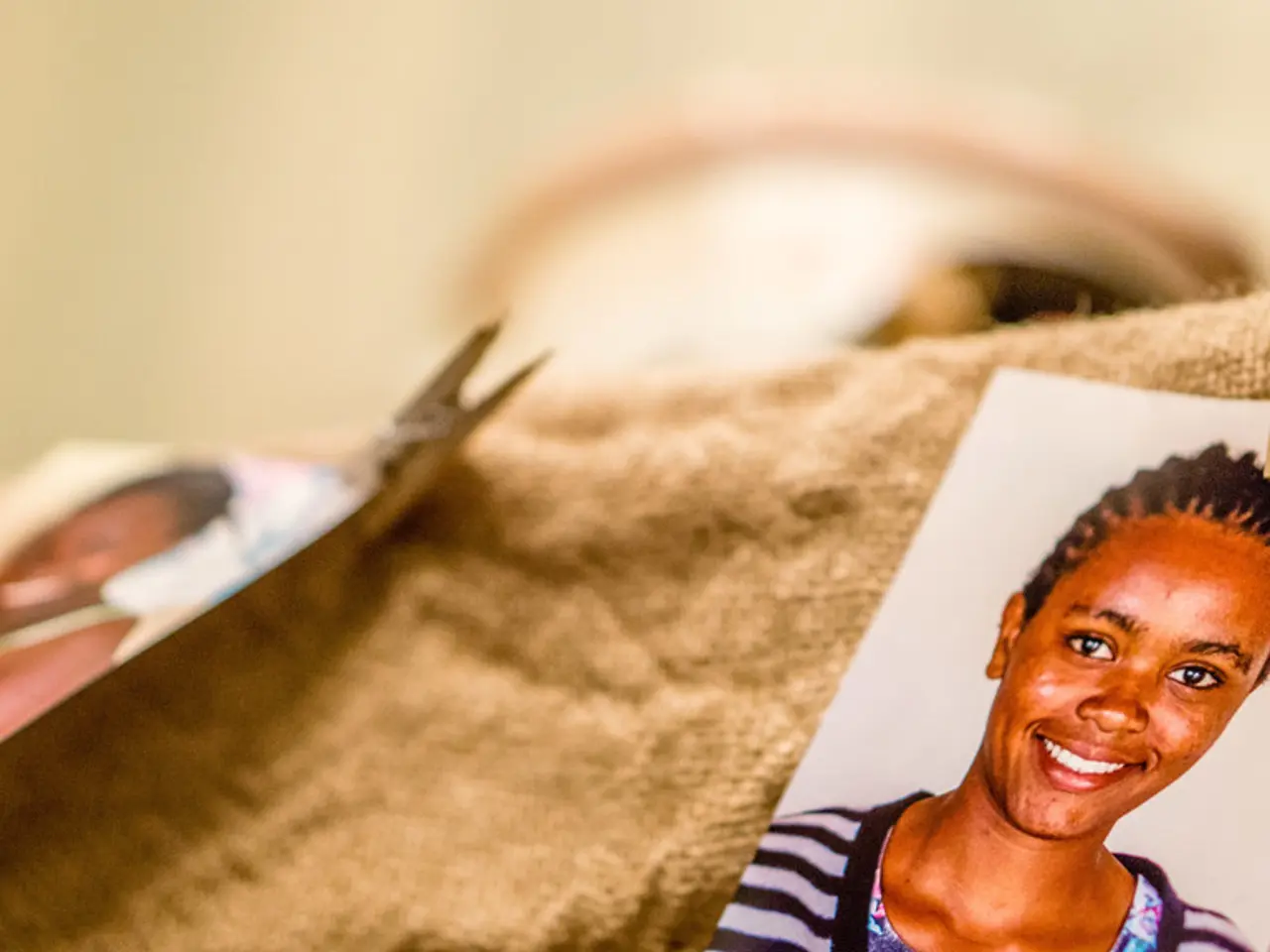United States Government Contemplates Requesting Financial Guarantee of up to $15,000 from Visa Aspiring Individuals to Gain Entry
The Trump administration has announced a renewed and expanded visa bond pilot program for business and tourist visa applicants, set to take effect within 15 days of its formal publication in the Federal Register. This program aims to reduce visa overstays by financially securing compliance with visa terms[2][3][1].
The program targets nationals from countries like Malawi and Zambia, identified due to higher overstay statistics[1][2]. The bond amounts proposed are $5,000, $10,000, or $15,000, and they are refundable if the visa holder complies with all visa conditions, does not use the visa, or is denied admission at the U.S. port of entry[2].
This approach marks a shift from earlier U.S. visa policy by requiring a financial bond upfront for selected applicants, essentially placing a monetary guarantee of compliance on visa holders from high-risk countries. The requirement adds a significant cost barrier—up to $15,000 per traveler—which has raised concerns about its impact on tourism and business travel from affected countries[1][4].
The program is presented as a "common sense measure" to deter overstays and improve identity verification, referenced in Executive Order 14159 of January 20, 2025, called Protecting The American People Against Invasion[2]. The Department of State’s justification cites the Department of Homeland Security’s annual Overstay Report, including data from the 2023 Entry/Exit Overstay Report, as evidence for the need to try visa bonds as a deterrent[2].
The majority of the 42 countries in the Visa Waiver Program are in Europe, with others in Asia, the Middle East, and elsewhere[5]. However, the bond would not apply to citizens of countries enrolled in the Visa Waiver Program[2]. The program applies to aliens who are nationals of countries identified by the department as having high visa overstay rates, where screening and vetting information is deemed deficient, or offering citizenship by investment with no residency requirement[2].
Visa bonds have not generally been required in any recent period, according to the department[2]. However, the State Department has traditionally discouraged the requirement for posting and discharging a bond[2]. The cumbersome process of posting and discharging a bond has been a concern in the past[2]. The bond could be waived based on an applicant's individual circumstances[2].
Last week, the State Department announced that many visa renewal applicants would now have to undergo an additional in-person interview[6]. The department's previous view against visa bonds is not supported by recent examples or evidence[2]. The State Department is proposing a 12-month pilot program to require business and tourist visa applicants from certain countries to post a bond of up to $15,000[2].
Potential misperceptions by the public regarding the requirement of visa bonds need to be addressed. The program is necessary to protect the U.S. government from financial liability if a visitor does not comply with visa terms[2]. The program is intended for countries deemed to have high overstay rates and deficient internal document security controls[2].
[1] White House, Executive Order 14159, Protecting the Nation from Foreign Terrorist Entry into the United States, January 20, 2025, https://www.whitehouse.gov/presidential-actions/executive-order-14159/
[2] Department of State, Frequently Asked Questions on the Visa Bond Pilot Program, January 20, 2025, https://travel.state.gov/content/travel/en/legal/visa-law0/visa-bulletin/2025/visa-bulletin-for-january-20-2025.html
[3] U.S. Citizenship and Immigration Services, Visa Bond Pilot Program, January 20, 2025, https://www.uscis.gov/visabondpilotprogram
[4] U.S. Travel Association, Statement on Trump Administration's Visa Bond Pilot Program, January 20, 2025, https://www.ustravel.org/news/statement-trump-administrations-visa-bond-pilot-program
[5] U.S. Department of State, Visa Waiver Program, accessed January 20, 2025, https://travel.state.gov/content/travel/en/legal/visa-law0/visa-bulletin/2025/visa-bulletin-for-january-20-2025.html
[6] U.S. Department of State, Additional In-Person Interviews for Visa Renewal Applicants, January 13, 2025, https://travel.state.gov/content/travel/en/legal/visa-law0/visa-bulletin/2025/visa-bulletin-for-january-13-2025.html
- The visa bond pilot program initiated by the Trump administration in 2025 is a significant move in the realm of politics and finance, targeting business and tourist visa applicants from certain countries, such as Malawi and Zambia, due to higher overstay statistics.
- This pilot program, aimed at reducing visa overstays, is a contentious measure in the general news sphere, as it requires a refundable bond of up to $15,000 that acts as a monetary guarantee of compliance for selected applicants from high-risk countries, potentially impacting tourism and business travel from the affected nations.




